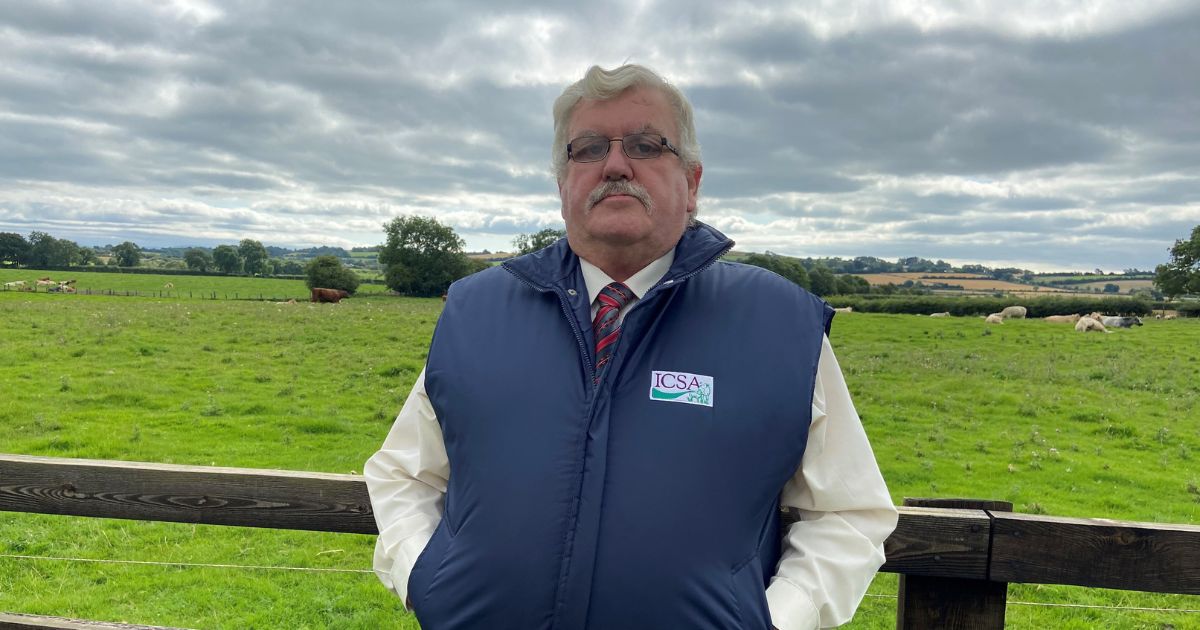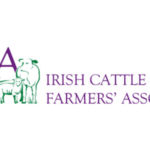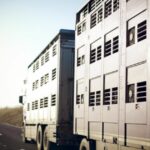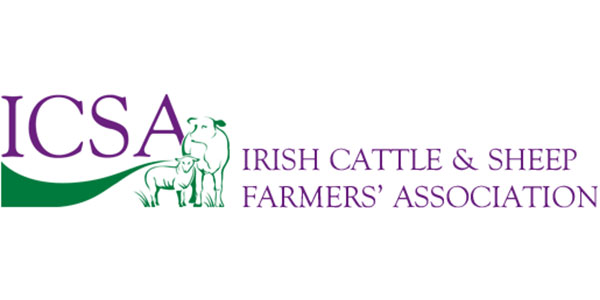-ICSA CALLS FOR UNIFIED APPROACH BETWEEN FARM ORGANISATIONS
ICSA president Dermot Kelleher has called for a whole of farming approach to the consequences of the EU Commission response to the nitrates derogation. “All farm organisations need to work together to ensure the interests of all farmers are effectively defended. The interests of family run dairy farms are important and so too are the interests of cattle, sheep, and tillage farmers.
“It is clear now that both government and EU are not engaging properly with farm representatives. Progress can only be made if we can find a way forward to manage the interests of all farmers on a fair and equitable basis. I do not want to see family dairy farms put out of business because of the potential consequences of the derogation being reduced nor do I want to see other farmers losing out on land they have farmed on lease or rental agreements for many years.”
“It is time to face up to the fact that CAP reform has been devastating in its impact on beef finishers and store producers. The sheep sector has been treated abysmally. It beggars belief that in the current cost environment, sheep farmers got no more than €12/ewe from the CAP reform. We were told by government that the Brexit Adjustment Reserve could not be justified for sheep farmers, but they managed to justify it for genomic sampling – which mainly provides free testing to dairy farmers. In the bigger picture, genomic sampling is good for all farmers and that is why ICSA supports it, but we must now insist on fair play for suckler, beef, sheep, and tillage farmers.”
“I think the key here is for the farm organisations to come together to work out a strategy that puts balance and fairness for all farmers at the heart of our collective lobbying efforts. This must be the basis for all farm organisations to look at how to bring a unified approach to dealing with government and EU. The external threats to Irish farming have never been greater and we need to pull together on fighting for fair play for farmers.
The key things we must work together on are a fair price for our product, fairness in recognising what farmers have done to be more sustainable and obtaining proper funding for any additional measures that farmers are expected to undertake on climate or biodiversity. We also must be more determined and smarter in challenging the anti-meat, anti-livestock farming narrative.”
ENDS





